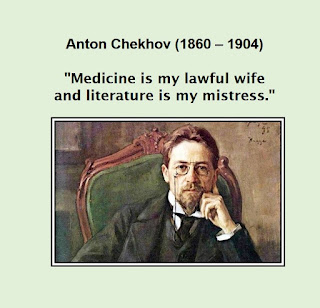
Grey helped establish the cultural phenomenon of the Western with his prolific output of cowboy novels. Grey, who gave up a career in dentistry to write full time, was one of the first superstar novelists who earned big-time paychecks from writing. He also wrote children’s literature and books about his other passions – hunting, fishing, and baseball. Best known for his popular adventure novels and stories associated with the Western genre in literature and the arts; he idealized the American frontier. The critics never liked his work - too full of larger-than-life characters, too violent and too unrealistic. Grey did not care – he was too busy selling the movie rights to his books to Hollywood producers or having a good time. Riders of the Purple Sage (1912) was his best-selling book. In addition to the commercial success of his printed works, they had second lives and continuing influence when adapted as films and television productions. His novels and short stori

